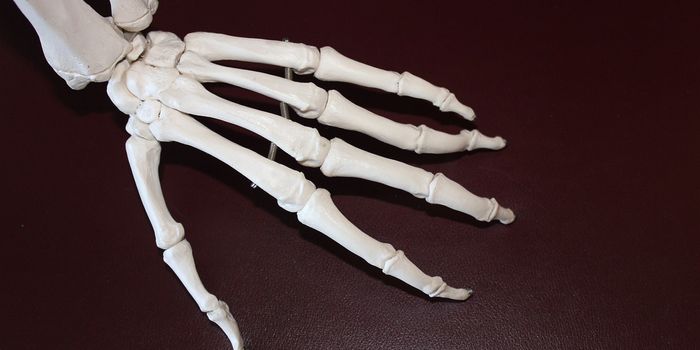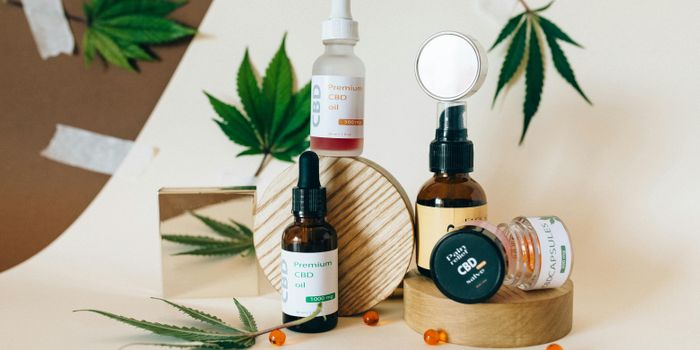Oral CBD Doesn't Convert to THC In Vivo
Recent publications (Merrick, et al. 2016, Bonn-Miller, et al. 2017) on cannabidiol (CBD) have researchers working to validate or refute the claims that simulated gastric fluids (SGF) convert CBD into delta 9 – tetrahydrocannabinol (THC), and if true in vivo, could therefore cause patients unmeasured harm due to the unintended psychotropic effect of THC. This is concerning for the medical community because CBD investigation and use therapeutically has ramped up in recent years, especially given that it does not produce the “high” associated with THC but provides the potential for numerous medically relevant applications. In May, 2017, Nahler, Grotenhermen, Zuardi, and Crippa (2017) published a review in Cannabis and Cannabinoid Research discussing the specifics of those recent studies regarding CBD to THC in SGF; after evaluation of data collected in those aforementioned studies and careful explanation of the pharmacokinetics of CBD and THC in vivo, they concluded that it was likely an in vitro artifact but did not design a study to test that conclusion. Palazzoli, Citti, Licata, Vilella, Manca, Zoli, Vandelli, Forni, and Cannaza just published the results of their study February 20, 2018 in the Journal of Pharmaceutical and Biomedical Analysis testing that conclusion using specific methodologies for THC and CBD measurement in compliance with the Scientific Working Group of Forensic Toxicology (SWGTOX). The group utilized liquid chromatography triple quadrupole mass spectrometry (LC-MS/MS) analysis to measure the presence of THC and its metabolites in the whole blood of rats after a single, orally administered high dose of CBD (50mg/kg). Whole blood samples were taken at 3 hours and 6 hours after oral administration. Oral intake of cannabis products have a documented longer period of breakdown, absorption, and effect on the body than some other means of cannabinoid administration.
Additionally, the study by Palazzoli, et. al (2018) utilized two different oral liquids of CBD to evaluate any potential matrix effect from using different solvents for the CBD solutions. The first was made by combining CBD with ethyl alcohol for a liquid oral solution. The second combined CBD with olive oil. The differences being polar and nonpolar solvents to evaluate effect on CBD absorption and degradation by gastric fluids in the rat gut.
Analysis using LC-MS/MS resulted in no detection of THC or THC metabolites in the rat whole blood at 3 and 6 hours after administration of the initial CBD dose. Additionally, higher amounts of CBD were found in the rats when it was administered with olive oil perhaps suggesting that the lipid based drug delivery protected the CBD from destruction, therefore allowing higher bioavailability potential.
Sources:
Journal of Pharmaceutical and Biomedical Analysis (2018), Advanced Drug Delivery Reviews (2008), Cannabis and Cannabinoid Research (2016), Cannabis and Cannabinoid Research (2017), Forensic Toxicology (2007)









